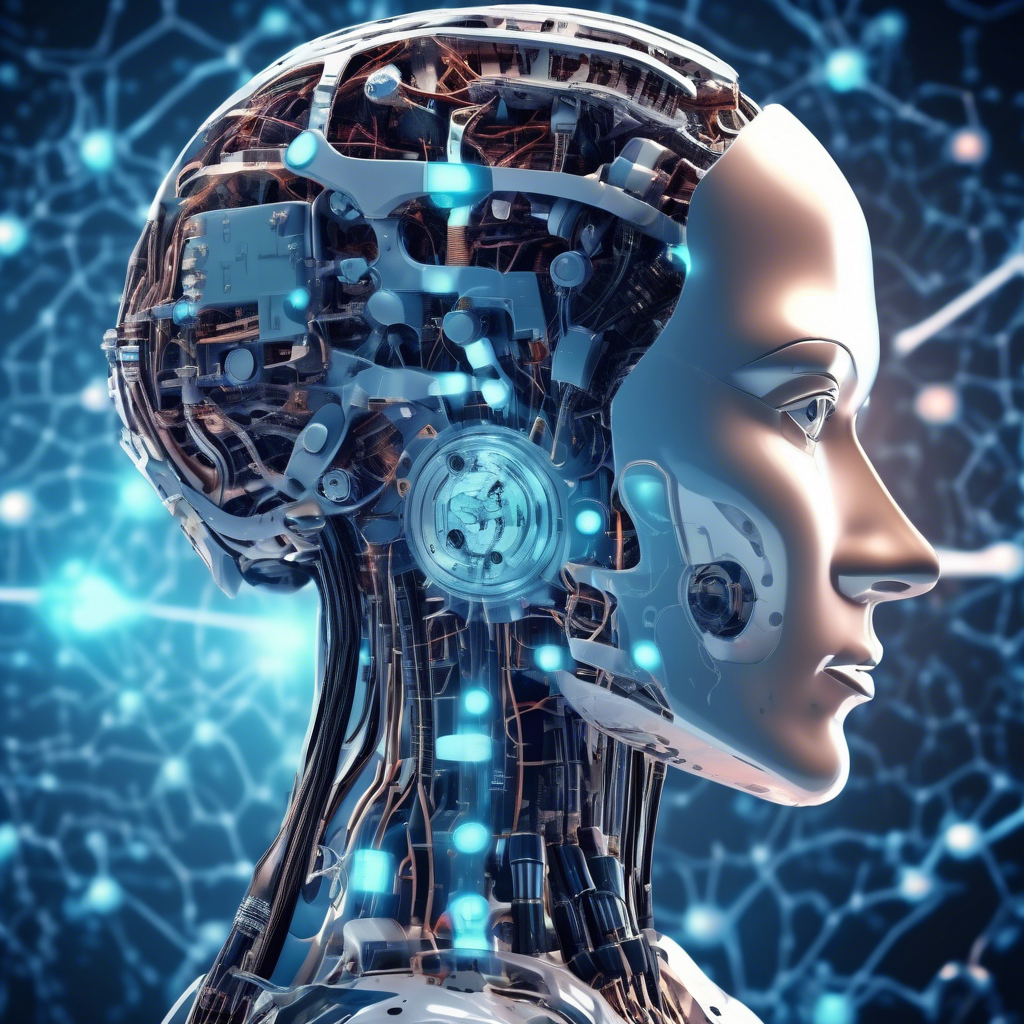Artificial Intelligence (AI): The Future of Science and Technology
Artificial Intelligence (AI) is revolutionizing the field of science and technology, promising to reshape the future as we know it. AI encompasses machines and computer systems that can perform tasks that typically require human intelligence, like problem-solving, decision-making, and learning. As AI continues to advance, it holds great potential to transform various industries and lead to advancements we could only dream of.
In the scientific realm, AI is playing a crucial role in accelerating research and development processes. Scientists can utilize AI-powered algorithms to analyze large volumes of data in a fraction of the time it would take a human being. This enables the discovery of patterns, insights, and solutions that may have eluded researchers previously. AI has also advanced fields like genomics and drug discovery, where algorithms can predict the efficacy of new drugs or analyze DNA sequences to identify genetic mutations.
In the technology sector, AI is enhancing efficiency and productivity. Smart homes and virtual assistants like Amazon’s Alexa and Google Assistant use AI algorithms to understand and respond to human commands. Self-driving cars are another prime example of AI in action, with computer systems processing data from sensors to navigate and make decisions on the road. With the growth of AI, industries like manufacturing, logistics, and healthcare are also witnessing significant improvements in automation, precision, and accuracy.
While the potential benefits of AI are undeniable, there are also ethical considerations to address. The impact of AI on employment, privacy, and decision-making processes need to be carefully monitored and regulated to ensure a sustainable and fair future. With responsible development, AI holds great promise in revolutionizing science and technology, transforming our lives and leading us into a new era of innovation and discovery.

